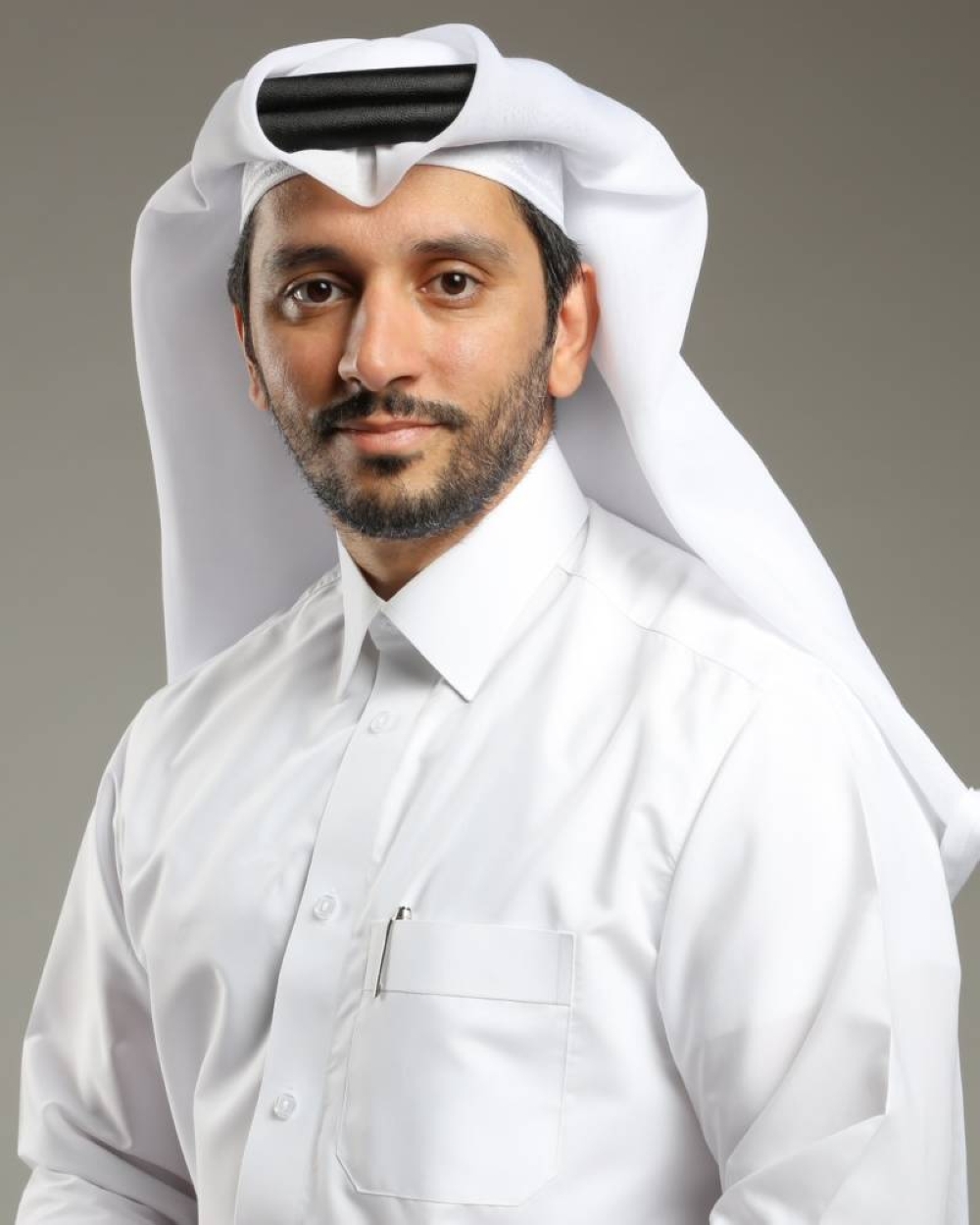Sovereign wealth funds have become major players in the investment world. The Qatar Investment Authority is set for further expansion under the new CEO. Will there be surprises with the new regime?
The world’s first sovereign wealth fund was established in 1953. The Kuwait Investment Authority has since become the world’s fifth largest such fund, with just under $1tn assets under management. The Norwegian sovereign wealth fund, one of the largest and most high-profile, was set up in 1990. Compared with the history of major pension funds, which goes back to the 19th century, and the insurance industry, the modern form of which began around the 17th century, sovereign wealth funds are young institutions. They have become major players in the investment world in a relatively short space of time.
The Qatar Investment Authority (QIA) will turn 20 years of age this year. Its early years were marked by high-profile, ultimately successful investments in assets such as Harrods of London, and Barclays Bank in the wake of the global financial crisis. It has matured and become a sophisticated investor, with around $500bn in assets under management.
When the new CEO Mohammed al-Sowaidi gave an interview to the Financial Times in mid-December, the resulting article became the newspaper’s lead story that day. The profile comes as the authority is conducting its strategic review, which occurs every five years. Al-Sowaidi described how the QIA plans to be bolder in some of its investments. The new CEO is looking for strong risk-adjusted returns. The QIA does not plan to become a majority shareholder in a company, but it is looking for ‘bigger ticket deals and more frequency’, he said.
He underlined faith in the prospects for US assets, despite some concerns in the financial world over the high stock market prices and government debt. The US economy is very large, diversified and dynamic. There are concerns over the tariffs proposed by incoming President Donald Trump, and a risk of trade wars, but overall the pro-business regime and commitment to fiscal and regulatory efficiency are viewed positively. The QIA sees growth potential in AI, other technologies, healthcare, real estate and infrastructure. He also mentioned the UK and Asia.
There will be no shortage of capital for the QIA to have at its disposal. Its financial assets are primarily derived from oil and gas industry. Qatar is in the process of massively scaling up its production of liquefied natural gas (LNG), from 77mn barrels per year to 126mn barrels by 2027. The IMF has estimated that this expansion will increase Qatar’s GDP by 5.7% in real terms, and add 3.5% of GDP in export receipts a year. The QIA will be the main receiver of LNG revenues. Inflows to the fund are set to double in the next five years. Staff numbers have doubled to more than 700 since 2018, and there are increased resources for the offices in the US and Singapore.
There is projected to be strong demand for LNG for the coming decades; it is a less-polluting fuel than other fossil fuels and is used as a transition gas. Demand was further boosted when European markets switched from Russian supplies following the invasion of Ukraine in 2022. Ultimately, however, and in common with other sovereign wealth funds from oil-producing nations such as Norway, one strategic aim of the QIA is to help diversify the economy. The switch from fossil fuels to cleaner, renewable energy sources will take decades, rather than just a few years, but there is still likely to be a substantial transition by the end of the century. Qatar will have to be able to thrive in this new reality.
In just a few decades, sovereign wealth funds have matured and become major players in the global investment industry. Free market purists may argue that a state-owned entity should not be so heavily involved in the markets, but a key strategic aim of such a fund is to reduce fiscal deficits and hence taxes, including business taxes, so they can help the private sector if well managed. In September, before his election win, Donald Trump proposed a sovereign wealth fund for the US. It will be interesting to see if this goes ahead.
The author is a Qatari banker, with many years of experience in the banking sector in senior positions.

Fahad Badar
